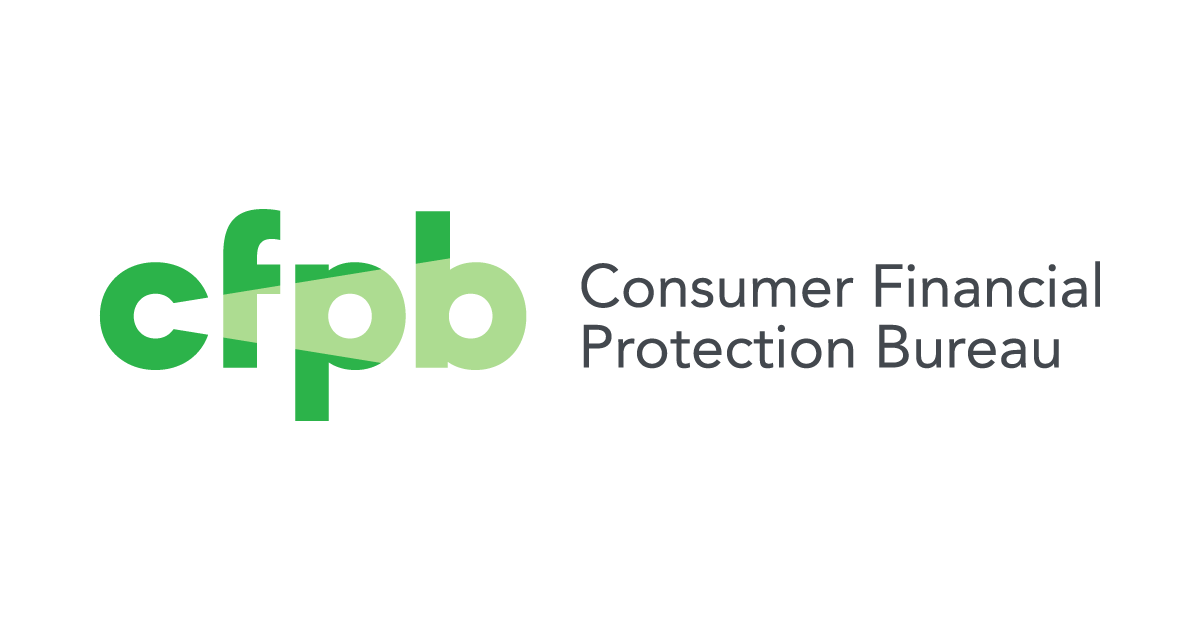Notice and Request for Comment on Statutory Requirement to Define ‘Larger Participant’ in Certain Consumer Financial Markets
WASHINGTON, D.C. – The Consumer Financial Protection Bureau (CFPB) today announced the release of a Notice and Request for Comment seeking public input on a key element of the agency’s nonbank supervision program — the statutory requirement to define who is a “larger participant” in certain consumer financial markets.
Last year’s Dodd-Frank Wall Street Reform and Consumer Protection Act (Dodd-Frank Act) charged the CFPB with ensuring that both banks and nonbanks comply with Federal consumer financial laws. Historically, banks, thrifts, and credit unions have been subject to examinations by federal regulators, but other types of companies providing consumer financial services generally have not. Today, there are thousands of such companies that are not banks, and these nonbanks’ products form a significant portion of the consumer financial marketplace.
“Consumers deserve the peace of mind that financial companies — both banks and nonbanks — are following the rules,” said Elizabeth Warren, Special Advisor to the Secretary of the Treasury on the CFPB. “The CFPB will be able to examine companies that have never been subject to federal oversight to ensure that no one is gaining an unfair advantage by breaking the law. This will ultimately create fair competition, better product offerings, and more transparent markets for consumers.”
The Dodd-Frank Act authorizes the CFPB to examine all sizes of nonbank mortgage companies, payday lenders, and private education lenders. Generally, before CFPB begins its nonbank supervision program in other markets, the Act requires that the agency first define by rule who is “a larger participant of a market for other consumer financial products or services.” The CFPB must issue an initial “larger participant” rule no later than July 21, 2012 — one year after the designated transfer date.
To prepare for this eventual rulemaking, the CFPB is seeking public input through a Notice and Request for Comment, which identifies six markets for potential inclusion in an initial rule: debt collection; consumer reporting; consumer credit and related activities; money transmitting, check cashing, and related activities; prepaid cards; and debt relief services. The larger participant rule will not impose substantive consumer protection requirements. Instead, the rule will enable CFPB to begin a supervision program for larger participants in certain markets.
The general issues discussed in the Notice include:
- What criteria to use to measure a market participant;
- Where to set the thresholds for inclusion;
- Whether to adopt a single test to define larger participants in all markets (measure the same criteria and use the same thresholds), or instead use tests tailored for specific markets;
- What data are available to be used for these purposes;
- What time period to use to measure the size of a market participant;
- How long a participant should remain subject to supervision after initially meeting the larger participant threshold, even if subsequently falling below the threshold; and
- What consumer financial markets to include in the initial rule.
Public comments on the questions listed in the Notice will help the CFPB develop a proposed initial rule defining large participants. The CFPB is committed to principles of open government and to maintaining a robust dialogue with stakeholders and the public. The Notice and Request for Comment is available online, and contains information about how to submit responses.
Notice and Request for Comment:
https://www.consumerfinance.gov/rules-policy/notice-opportunities-comment/archive-closed/defining-larger-participants-in-certain-consumer-financial-products-and-services-markets/
Official news published at https://www.consumerfinance.gov/about-us/newsroom/consumer-financial-protection-bureau-seeks-public-input-on-key-element-of-nonbank-supervision-program/
Images courtesy of PixaBay


